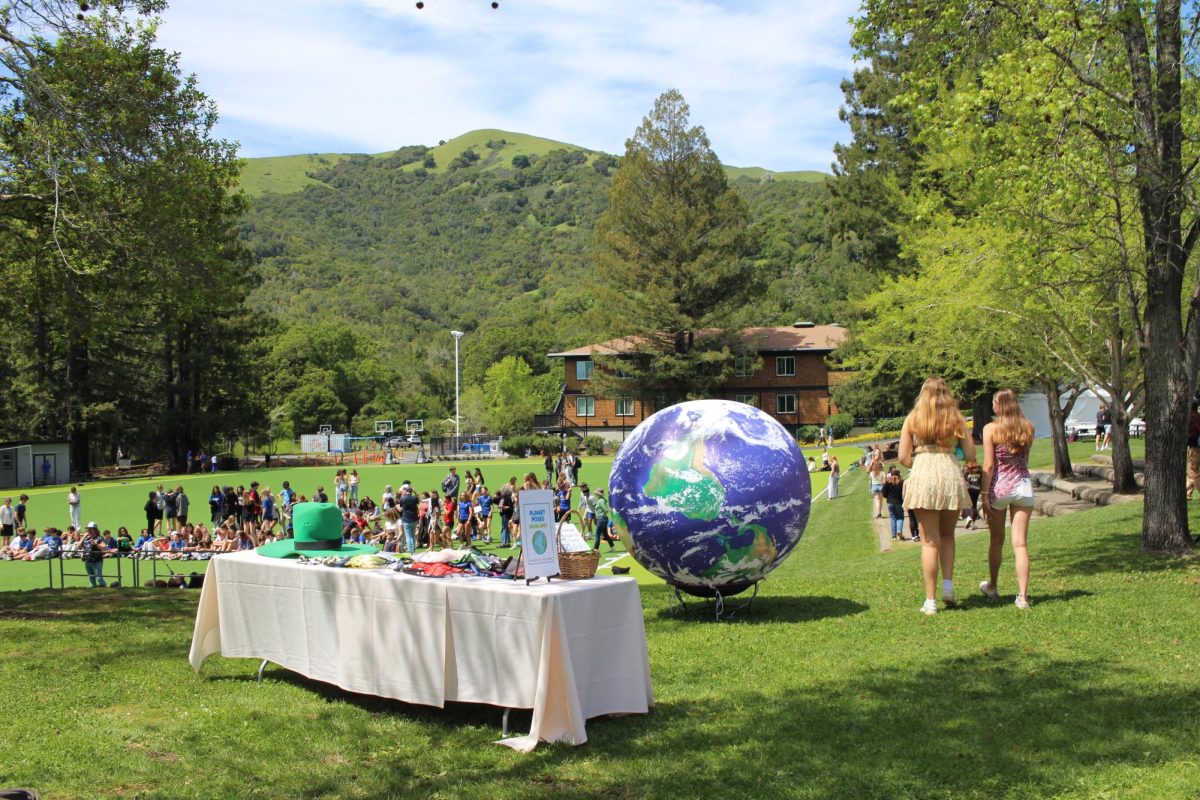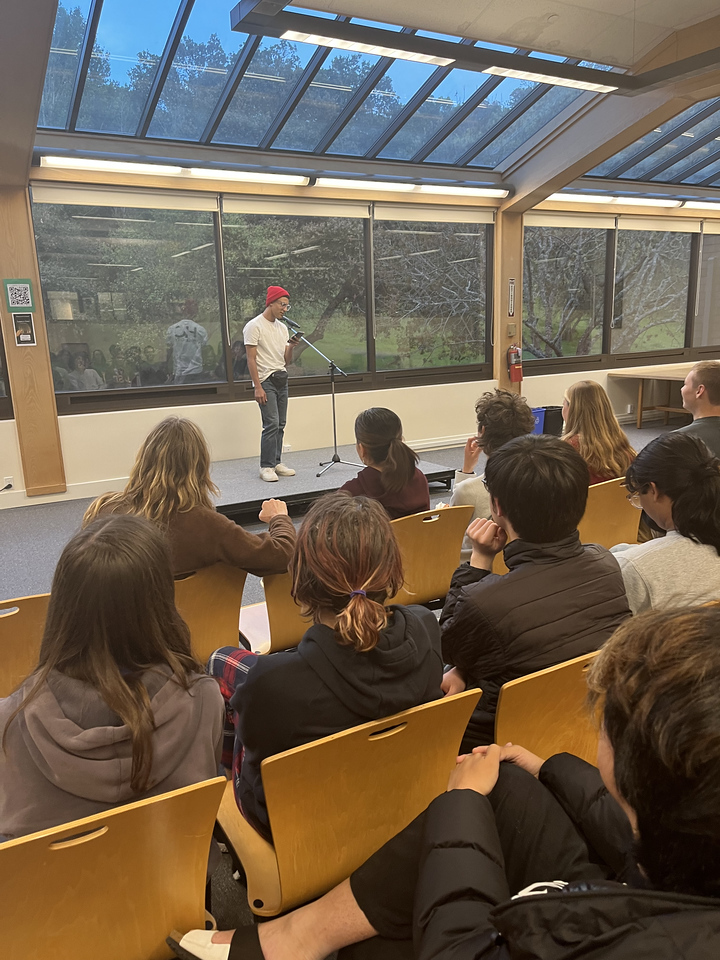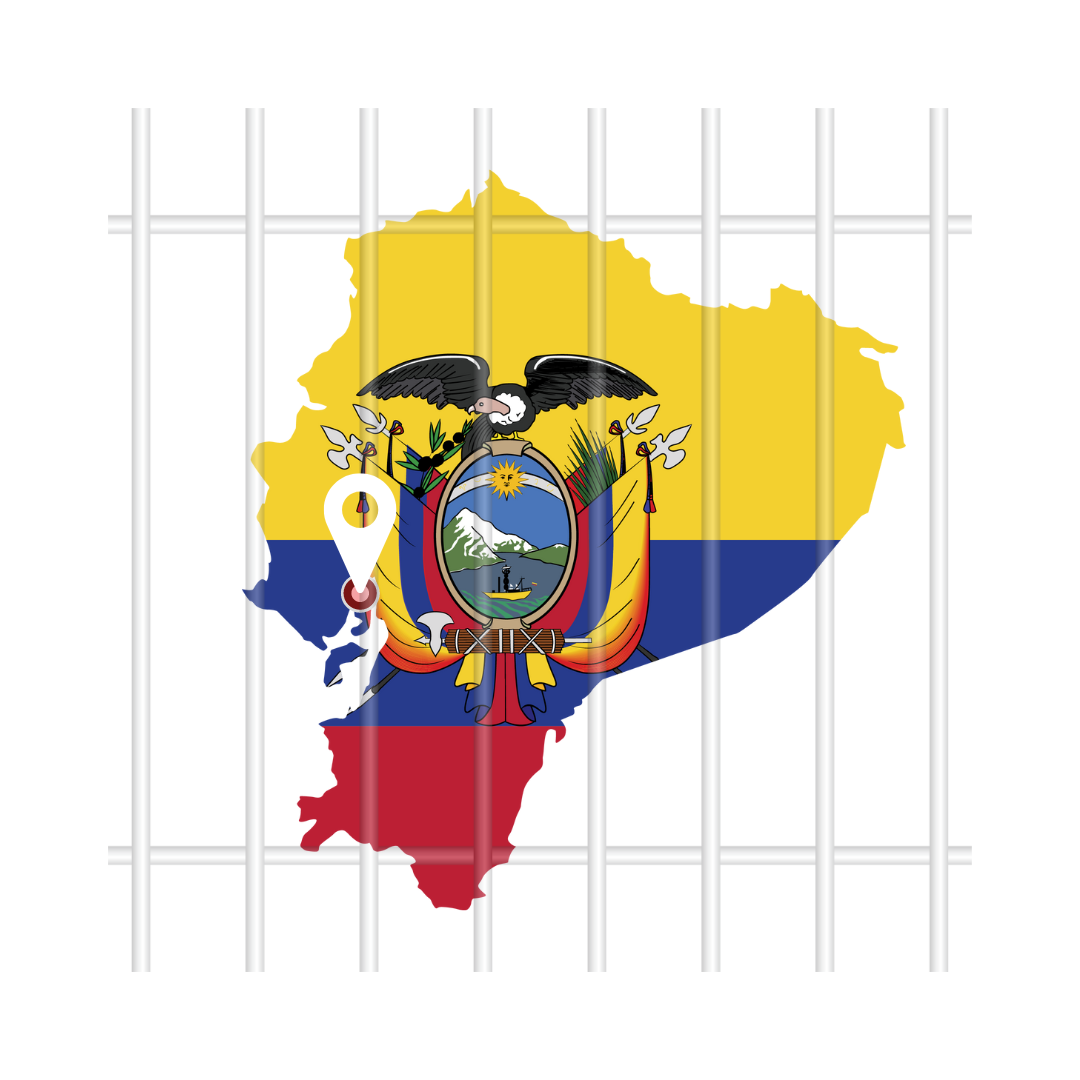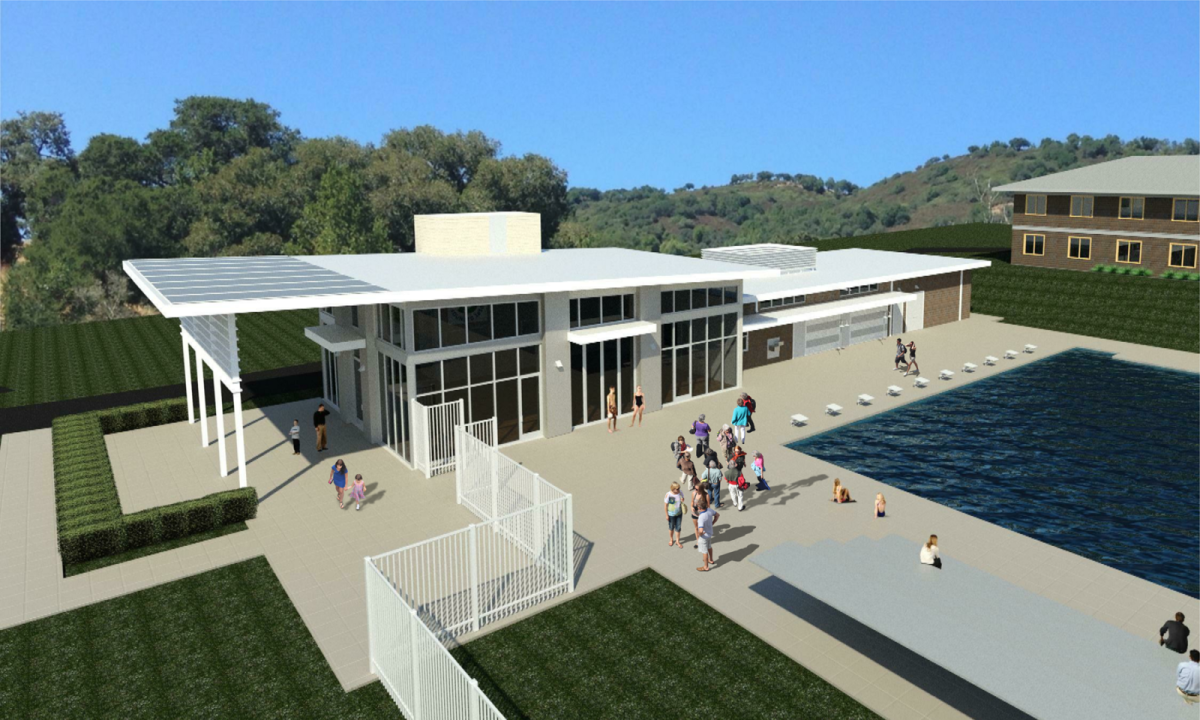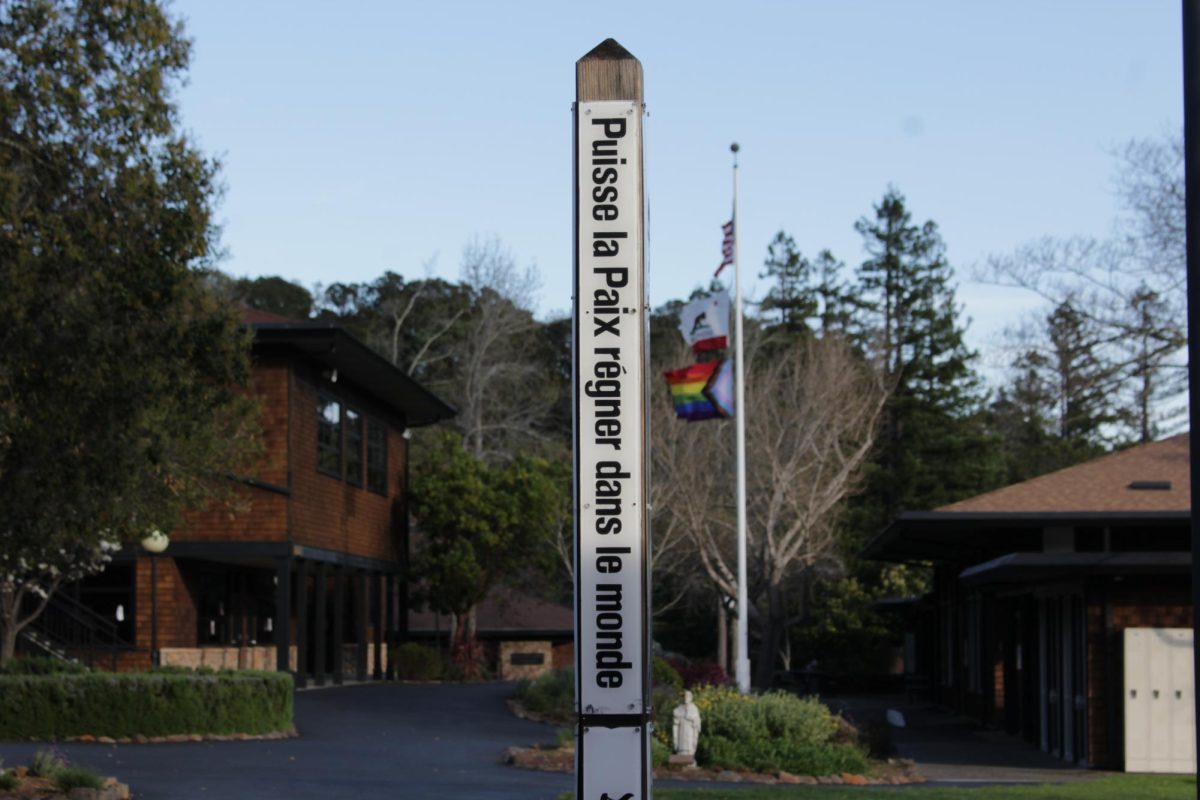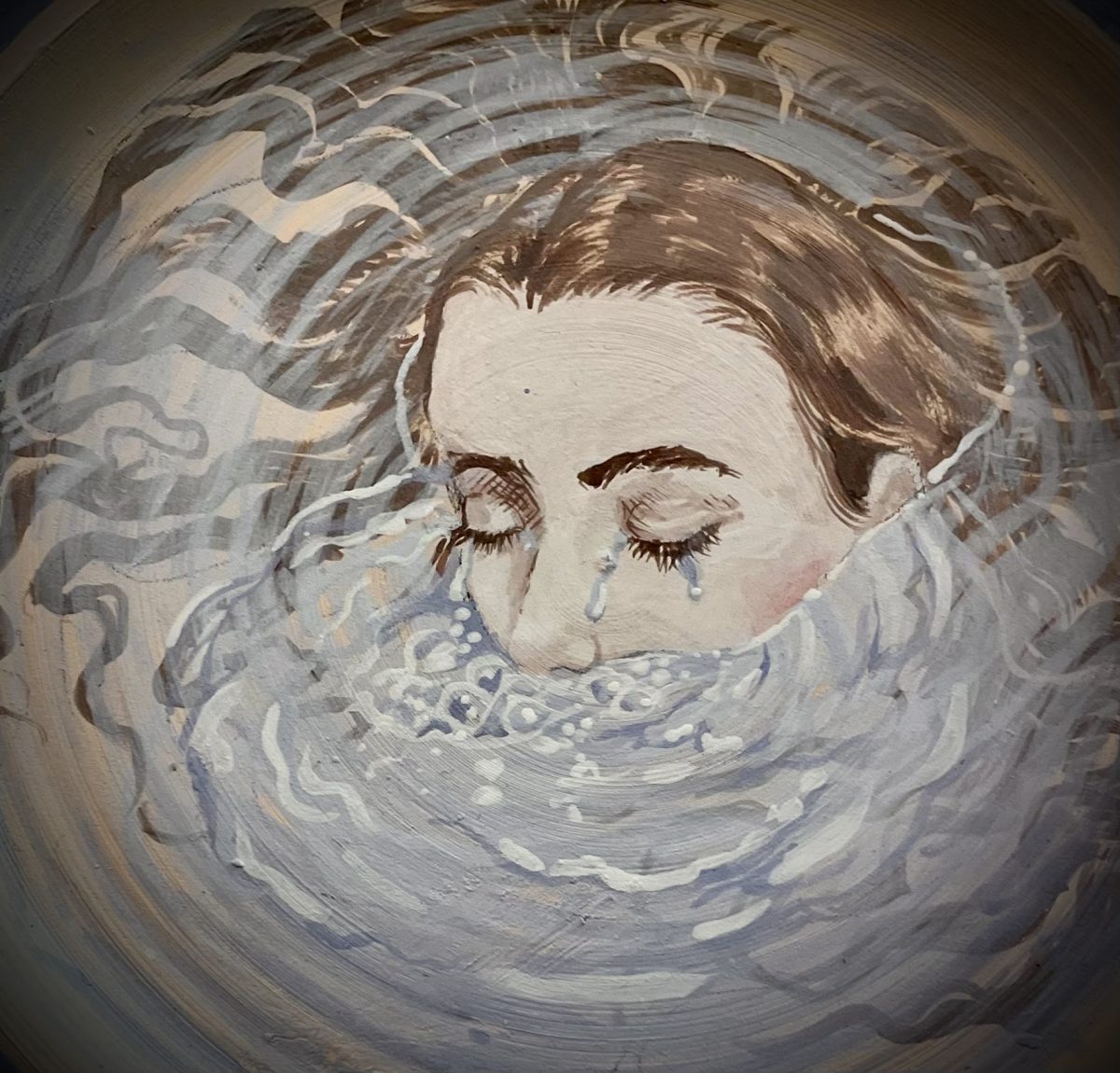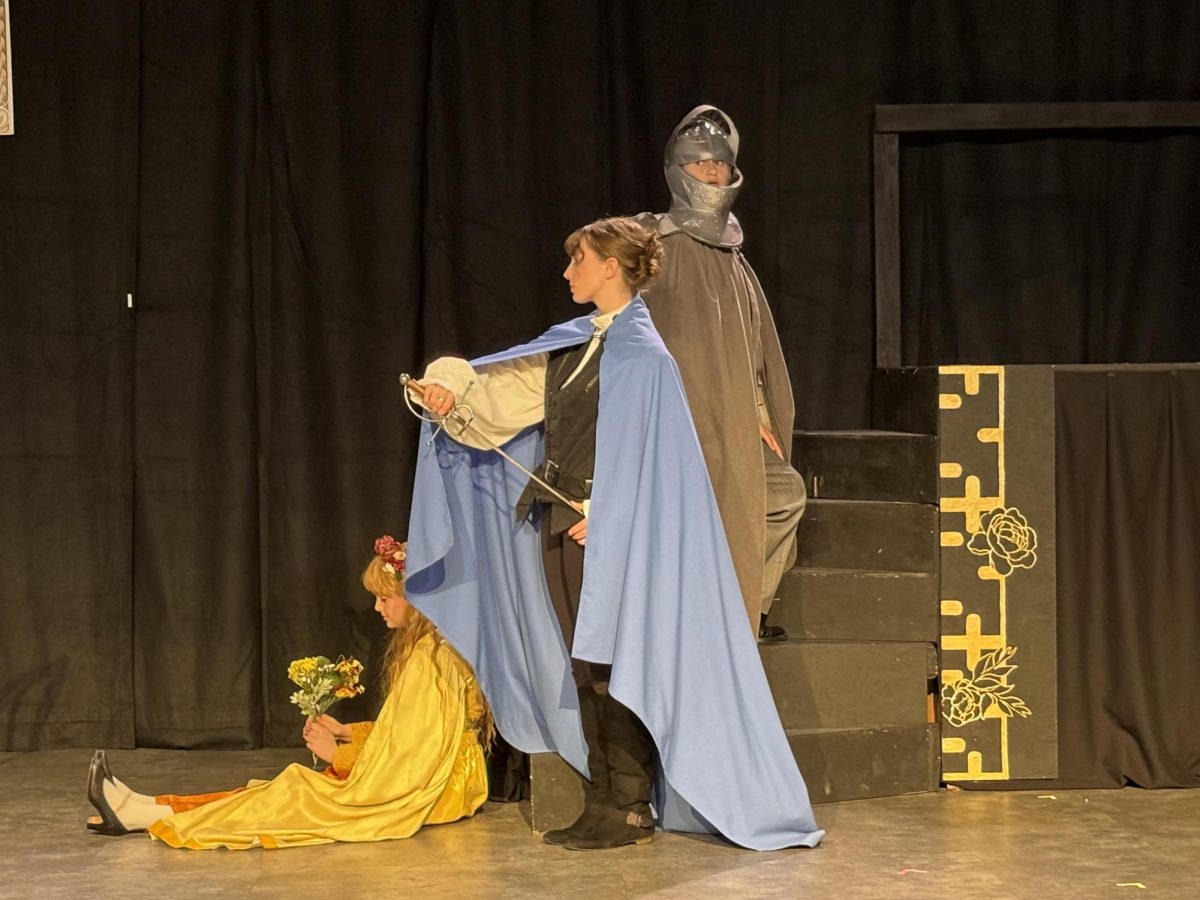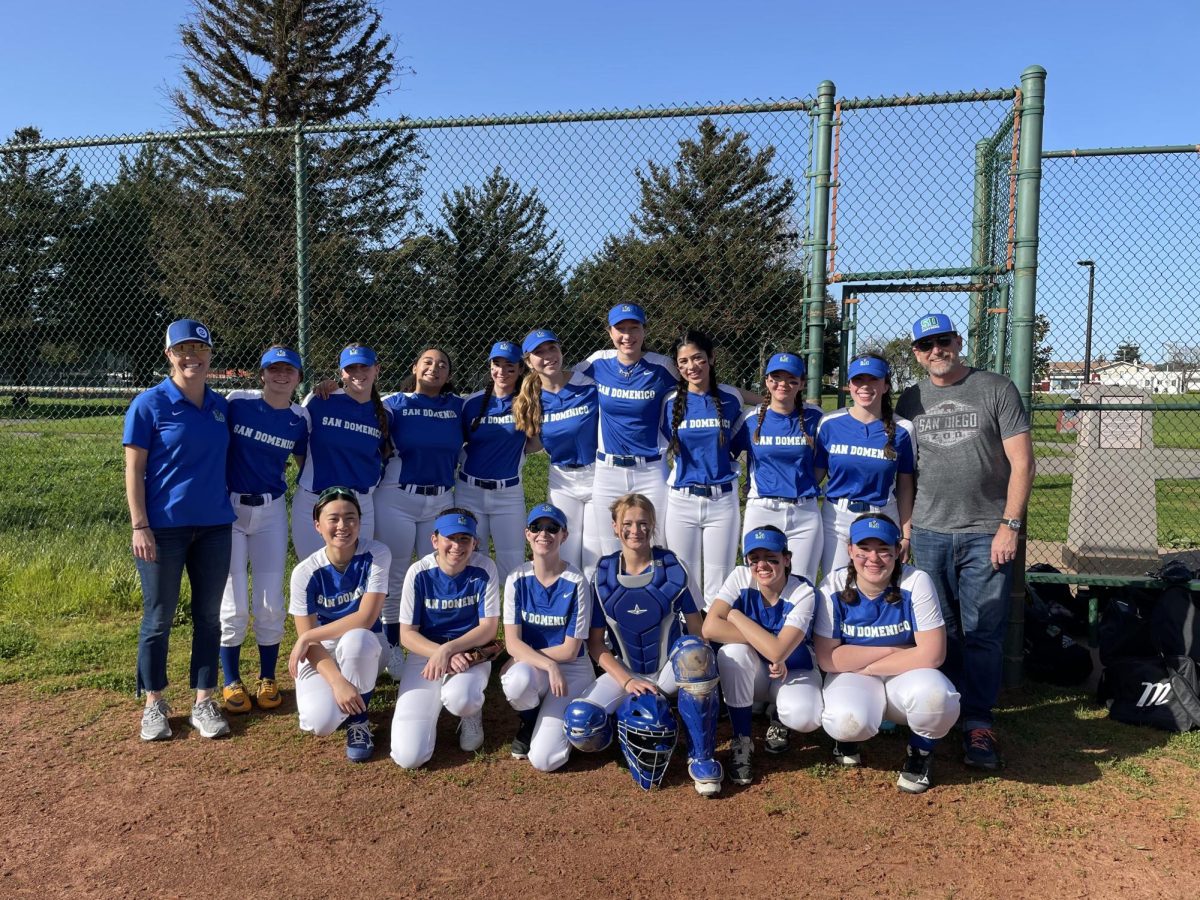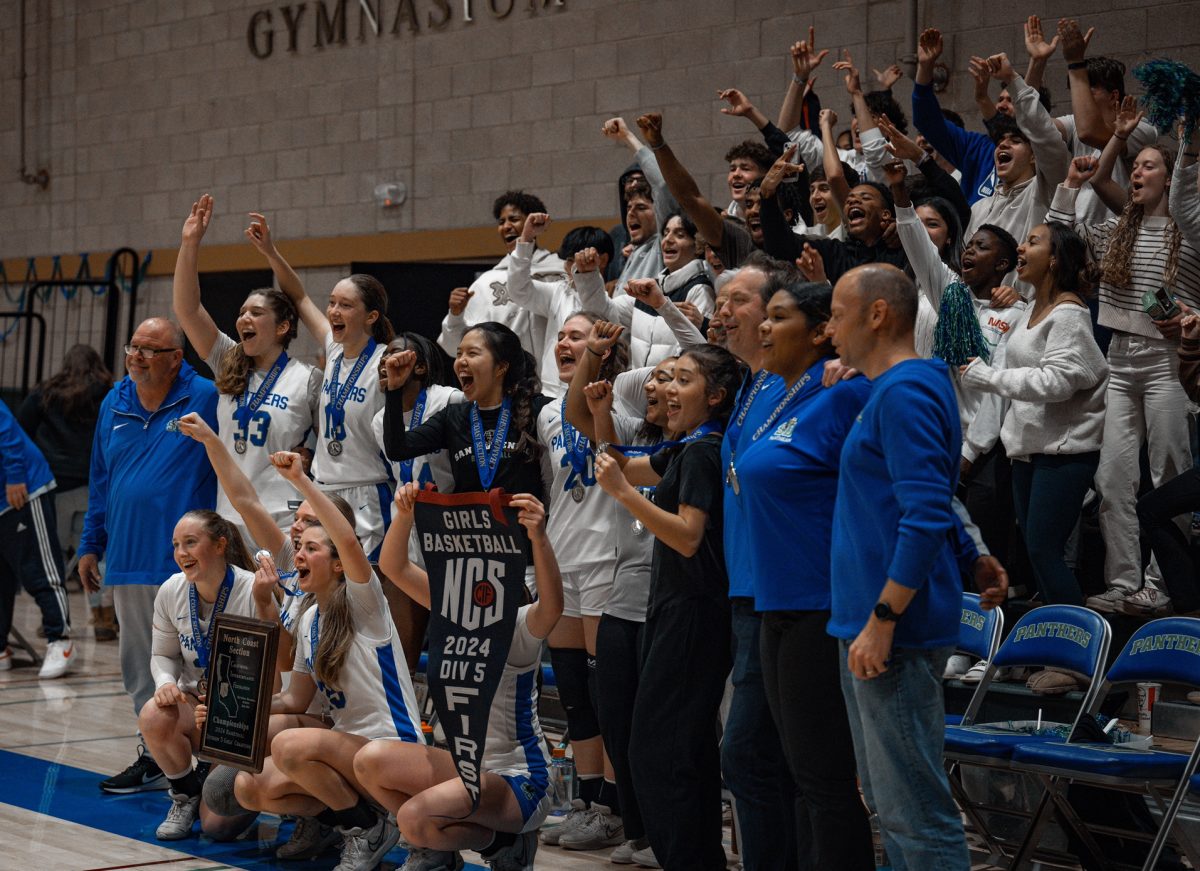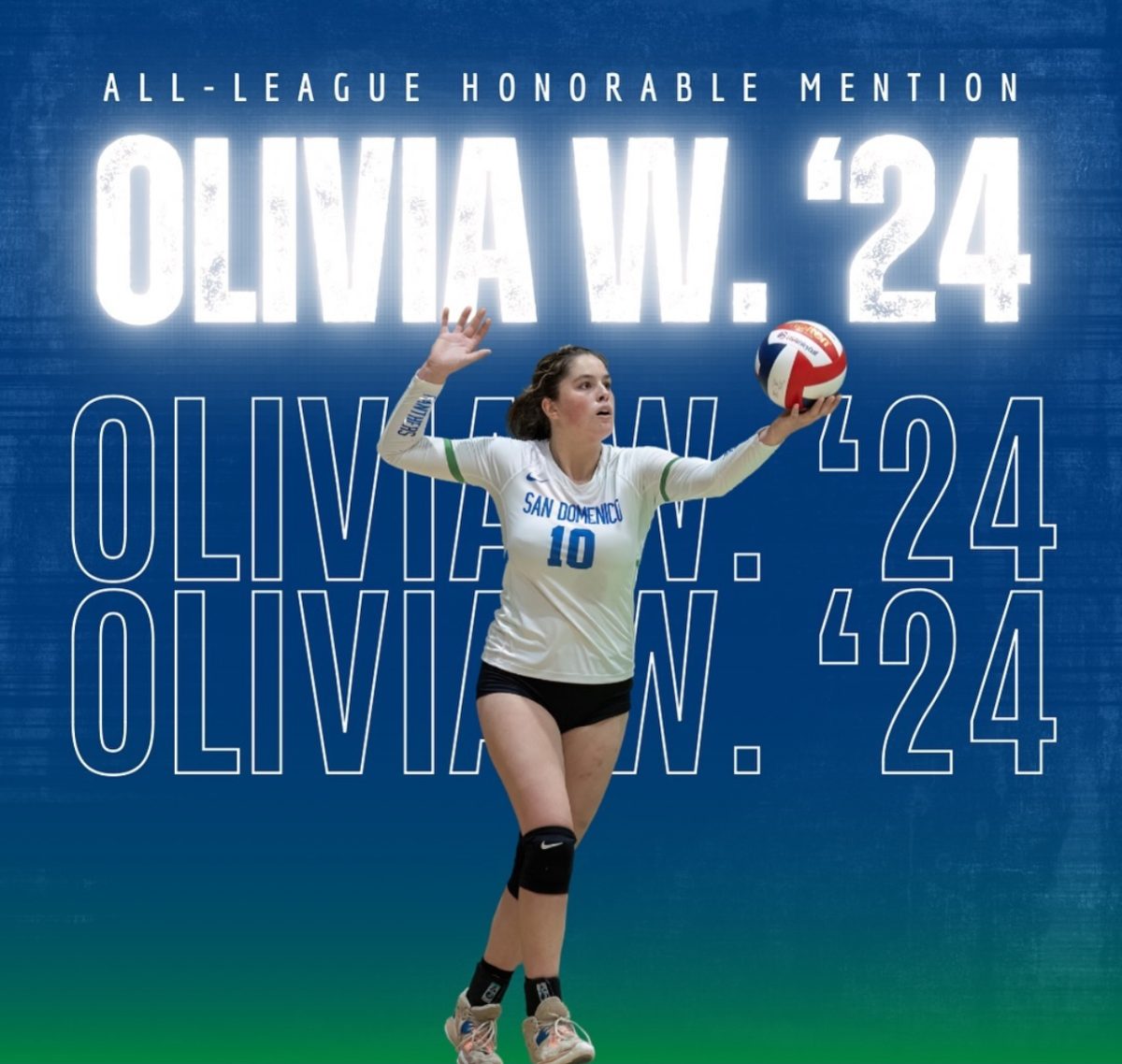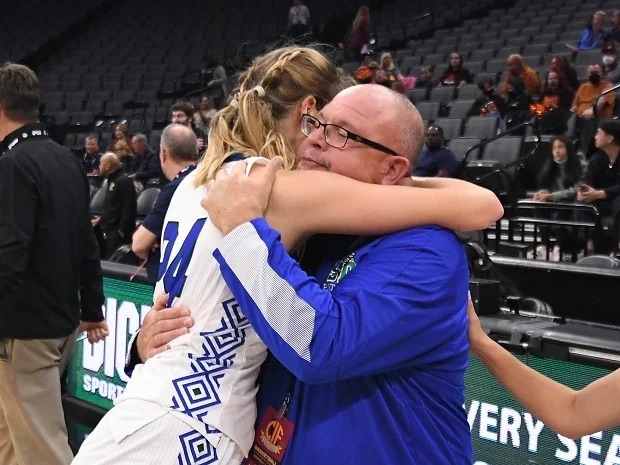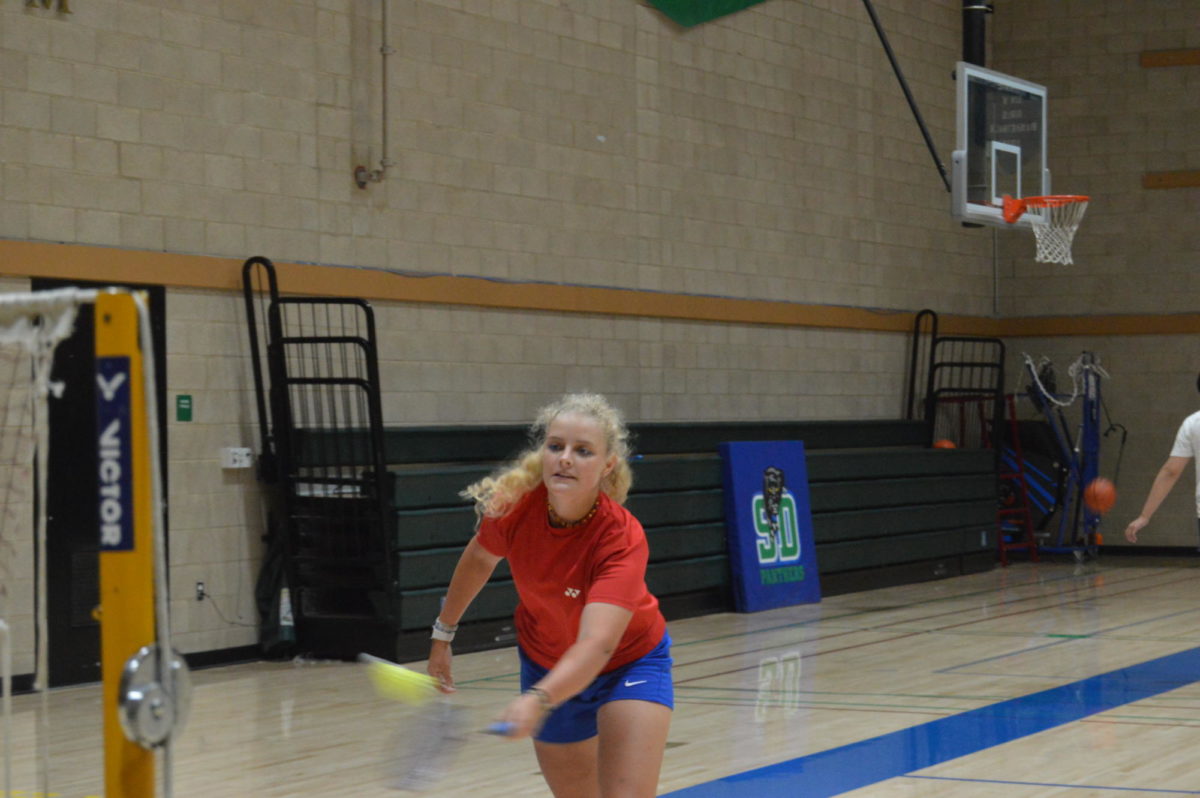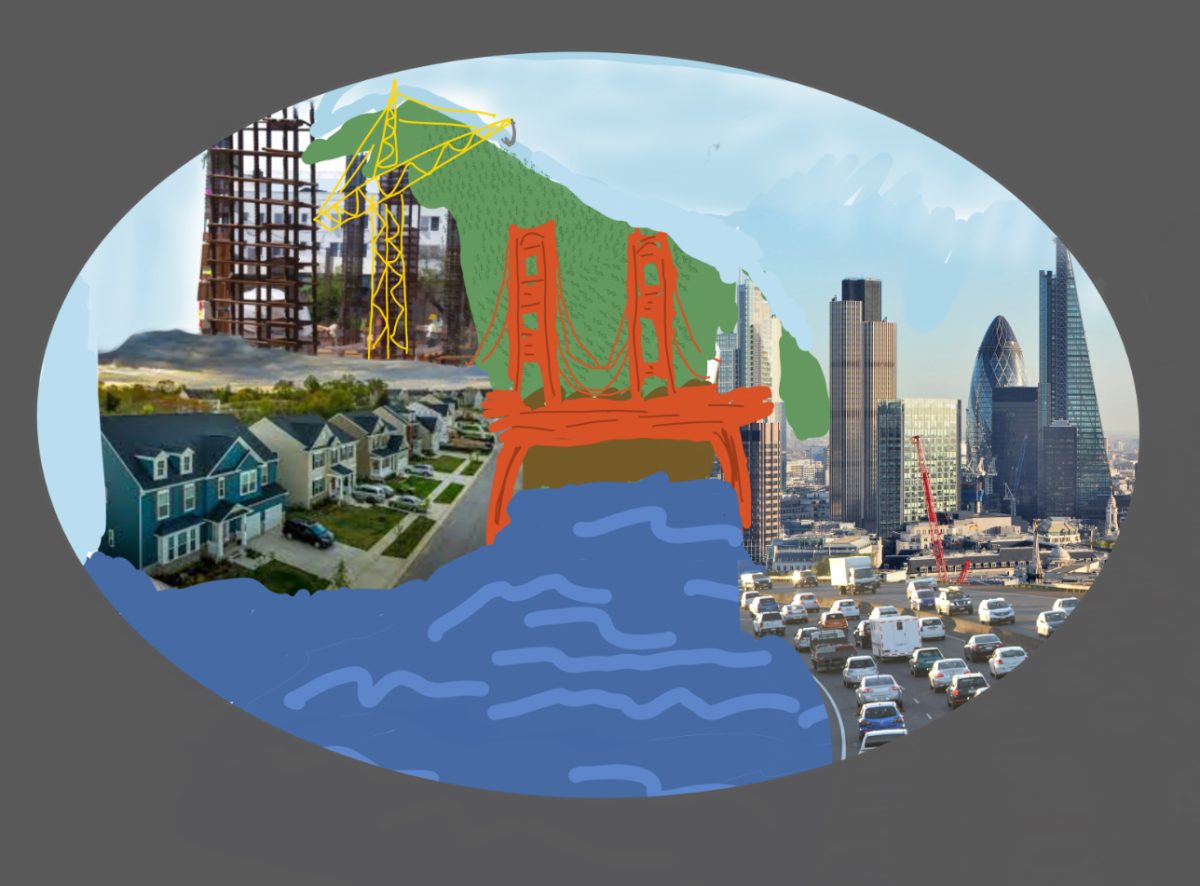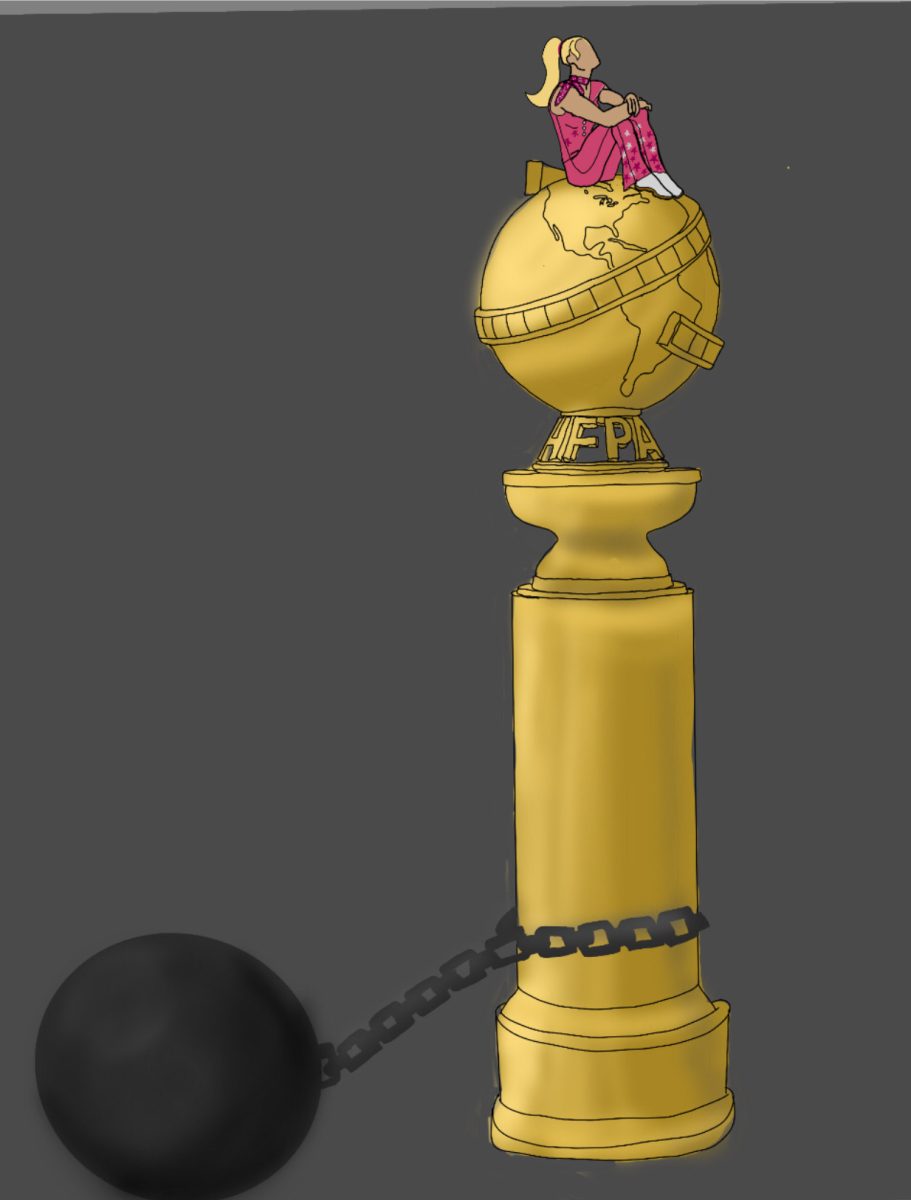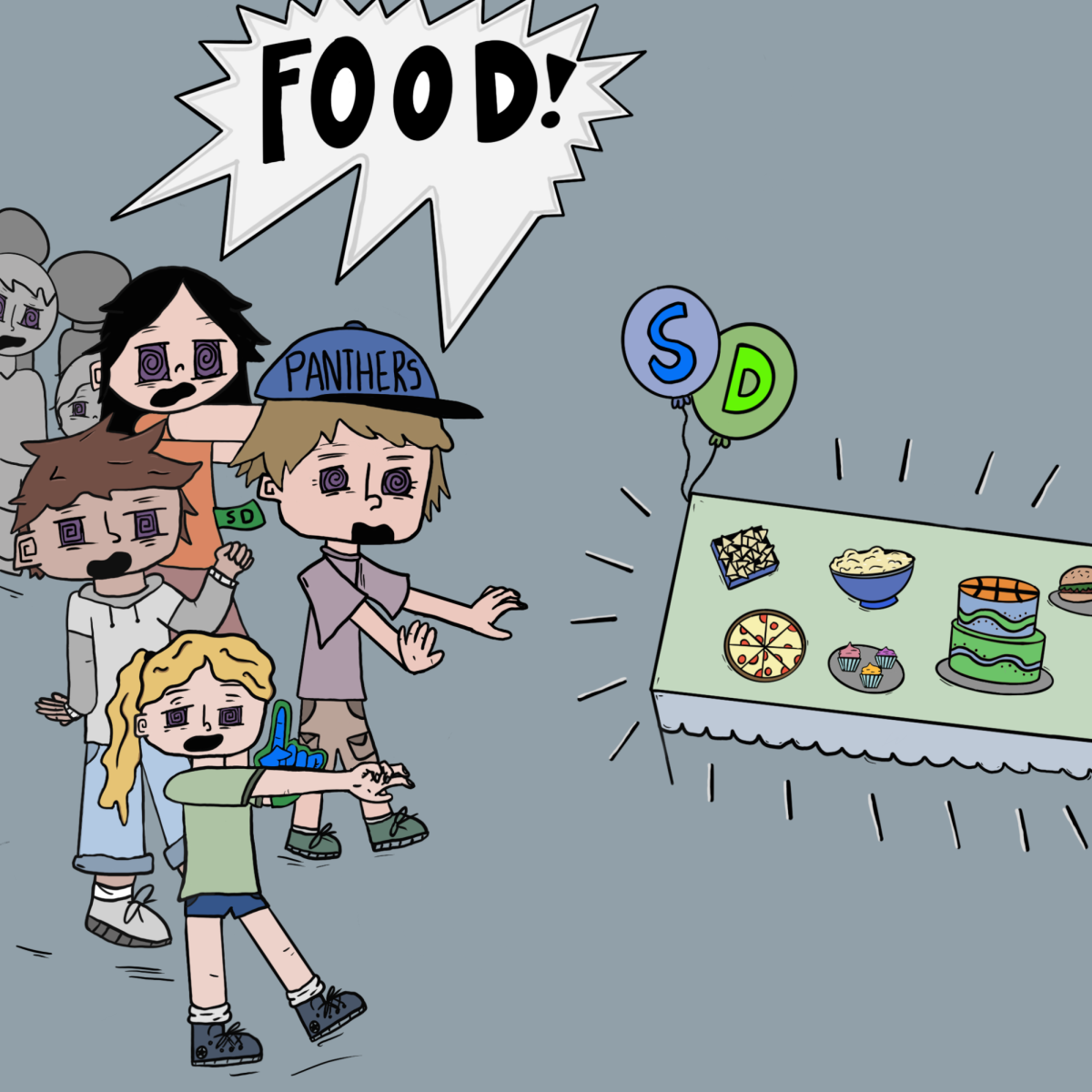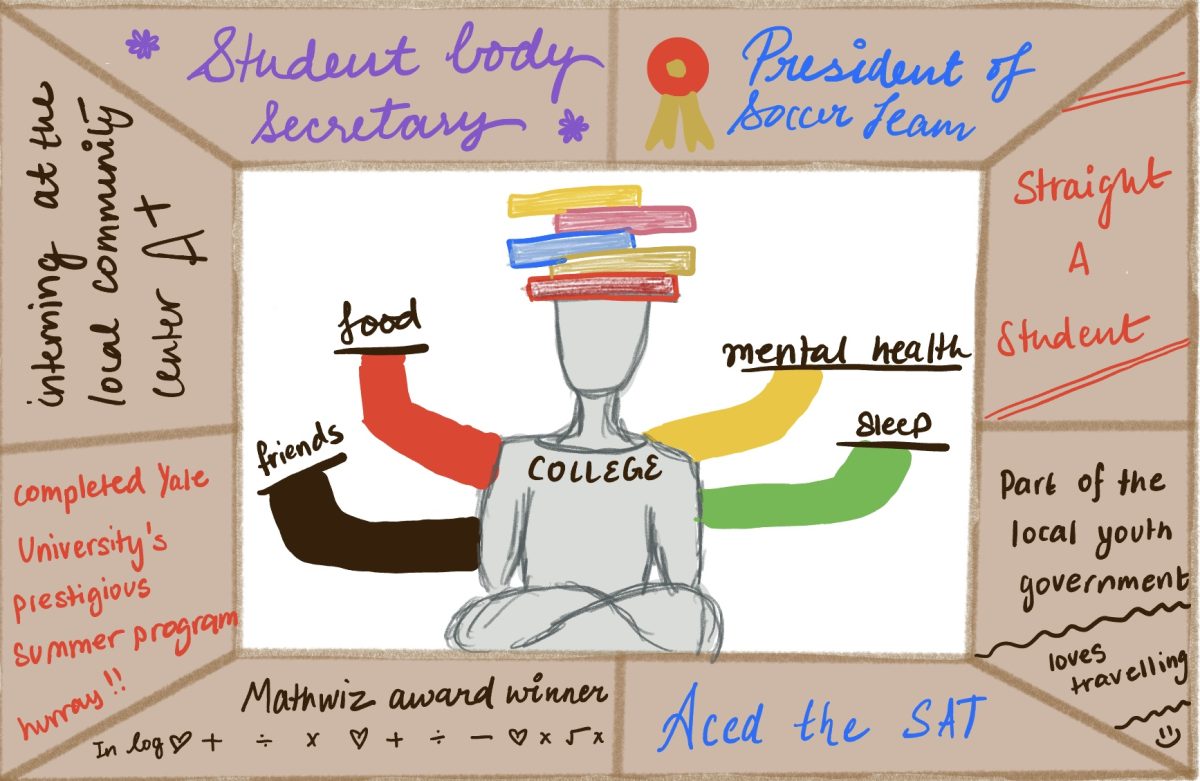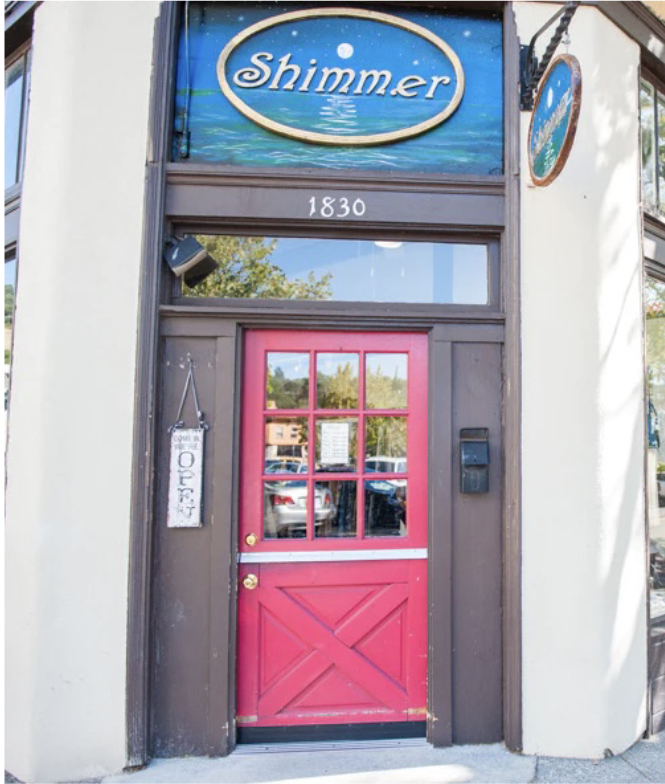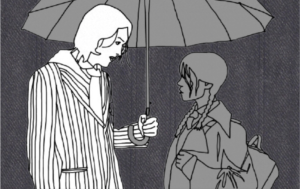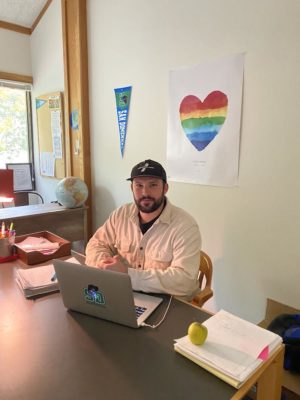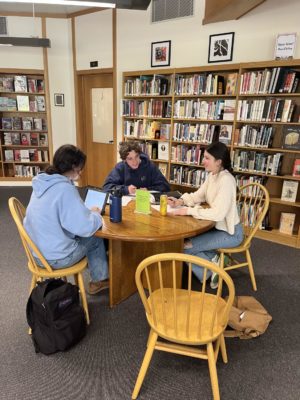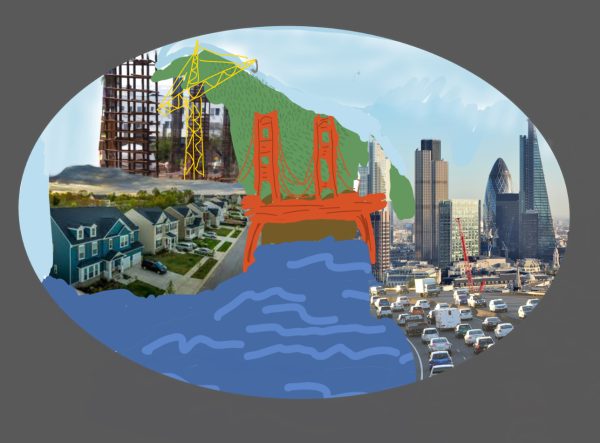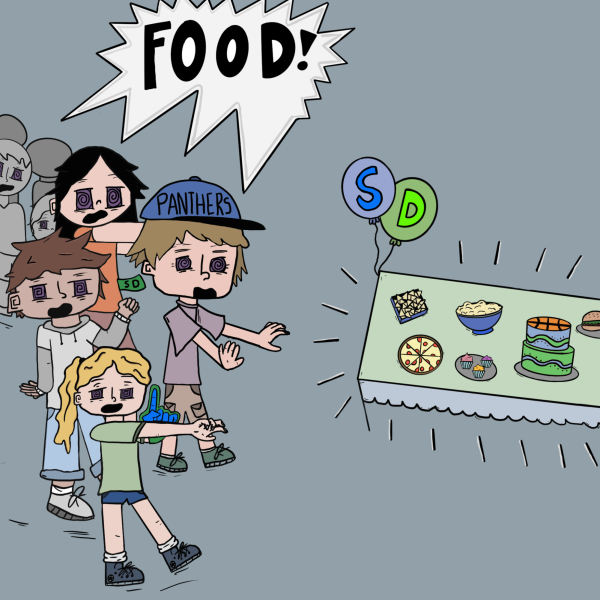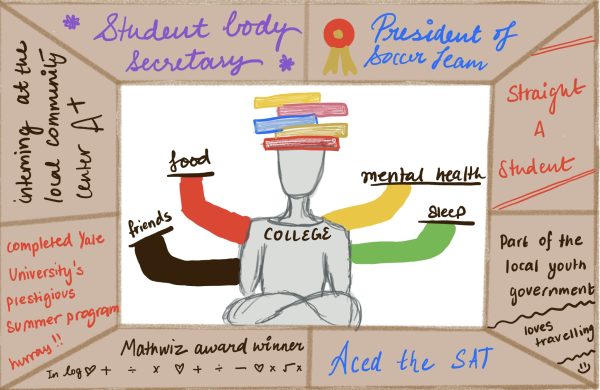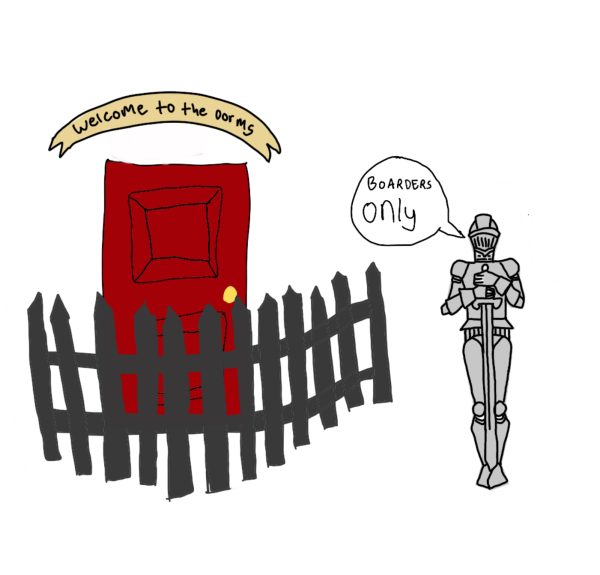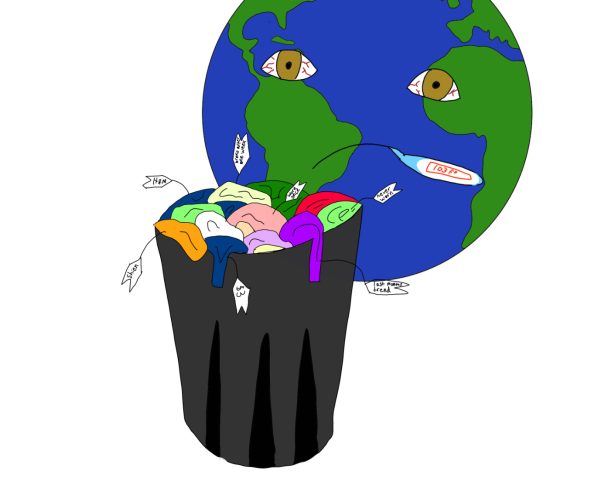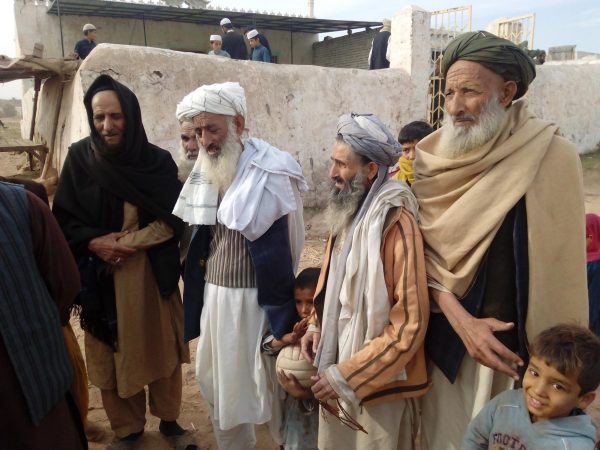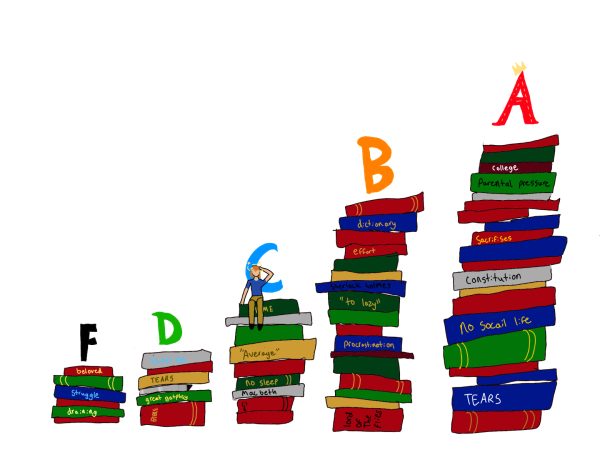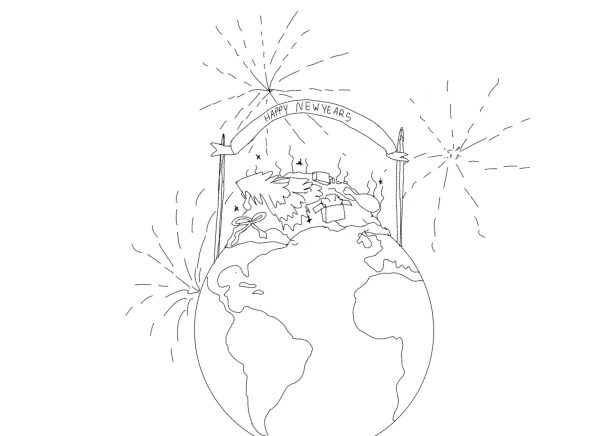Does performative activism stem from ROSE projects?
December 15, 2022
The ROSE project, which stands for the Real Opportunities for Service Education Project, is a core program at San Domenico. The goal of these projects are to make students get involved in their community through acts of service. Students throughout the years have been pursuing impressive acts of service to complete their projects. The original purpose of the ROSE project has good intentions, but can cause students to go against their own values to bolster their pride and secure graduation. The pressure to execute a great act of service for the ROSE projects is simply too high.
This pressure could cause students to enact something called performative activism. According to the Boston Medical Center, performative activism is, “…activism that is done to increase one’s social capital rather than because of one’s devotion to a cause.”
At San Domenico, junior students learn about performative activism in the mandatory social justice elective, but students of all grade levels should be familiar with the subject. Performative activism is something students at San Domenico should avoid, not only because of the Dominican values we follow, but also because it’s more meaningful. Is performative activism happening with ROSE projects?
Many upperclassmen can probably think of a time during these classes that a teacher or advisor has said, “You can’t just go to the food bank and volunteer.”
Similarly, on the San Domenico website it states, “San Domenico students do not simply “help” by volunteering or logging volunteer hours…[the project] is a two-year commitment to an issue with reciprocal benefits for both the community and the student.”
While I understand the goal is that teachers will inspire students to be personally motivated to accomplish their projects, comments like these would make students think that they are not doing enough for their project. This could cause students to do a project that they don’t care about, which could lead to performative activism.
Choosing to volunteer at a food bank shouldn’t be belittled. That service is important and would help make the community better. If that is something that the student is passionate about, then they should be allowed to do it as long as they put in the effort and they genuinely care about doing it.
The experience of watching seniors presenting extraordinary ROSE projects has led to an atmosphere of competition instead of altruism. Before Covid-19, seniors had to present their ROSE projects during assembly to the whole upper school. I, and many other seniors, can recall the projects being presented to us: students going to tropical islands to study and save marine animals, or students performing surgeries as an assistant nurse at a hospital in another country. Although these deeds are awe-inspiring, not everyone has the financial means or time to go “all out” for their project. Students that choose to do small acts of service with integrity should be just as appreciated.
Because the senior class has only had the experience of those amazing presentations, the pressure to fulfill an incredible feat of service has increased. This pressure creates stigmas that because students aren’t “going to other countries,” their project isn’t worthy of the title of ROSE project.
On top of the pressure, the workload is additionally nerve wracking because there is a big responsibility to plan the project out all on your own. Everyone has had a different experience with service. Some students may have done it before in middle school or a high school club, while some may have never done community service at all. For the range of different backgrounds, I feel like there should be a little more guidance and less busy-work surrounding the project.
For example, during my junior year social justice course, our classes dedicated to working on the ROSE project are spent filling in endless spreadsheets and Google docs with ideas or information. As a senior currently doing my project, I have no intention of looking back on or using any worksheets I created because they are not applicable. I changed my project idea senior year, and I know many seniors who still don’t know what to do even after all of the worksheets.
When the school praises and exaggerates the project, it adds additional pressure, and turns the ROSE project into something it’s not: a performance. The smallest act of kindness is worth more than the greatest intention. — Kahlil Gabrin
For all the students at San Domenico, we need to remember the real reason we are committing to this project and reclaim the meaning behind it. We choose to go to San Domenico because of the welcoming, studious, and kind community where people are dedicated to service. The ROSE Project should truly be about making positive change in the world and exploring and discovering your own values, which can help you lead a more purposeful and focused life. My advice is to choose a project that you will enjoy doing, and one that addresses an issue you are truly passionate about, despite the daunting expectations. Let’s become someone else’s inspiration to do good in the world. And while we are at it, let’s remember Kahlil Gabrin’s message: “The smallest act of kindness is worth more than the largest intention.”
